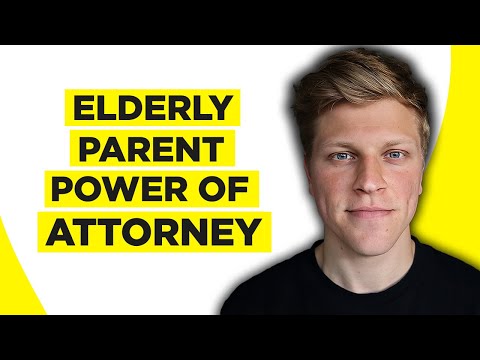
What to Do When You Cannot Obtain Power of Attorney
Greetings! Welcome to this informative article where we will explore the topic of what to do when you find yourself in a situation where obtaining power of attorney is not possible. Before we delve into the details, it’s important to note that while this article aims to provide you with valuable insights, it is always recommended to cross-reference information with other sources or seek advice from legal professionals. Now, let’s embark on this journey together and discover the options available to you when faced with this challenge.
Important Decisions that Fall Outside the Scope of a Legal Power of Attorney
Important Decisions that Fall Outside the Scope of a Legal Power of Attorney
📋 Content in this article
When it comes to managing someone’s affairs, a legal power of attorney is an essential tool. It grants authority to an individual, known as the attorney-in-fact or agent, to make decisions on behalf of another person, known as the principal. This legal document is typically used when the principal is unable to make decisions on their own due to illness, disability, or absence.
While a power of attorney is a powerful tool, there are certain decisions that fall outside its scope. It’s crucial to understand these limitations and know what steps to take when you cannot obtain power of attorney for a particular matter. Here are some important decisions that often fall outside the scope of a legal power of attorney:
Understanding the Limitations of Power of Attorney in the United States
Understanding the Limitations of Power of Attorney in the United States:
In the United States, a power of attorney (POA) is a legal document that grants one person, known as the agent or attorney-in-fact, the authority to act on behalf of another person, known as the principal. This authority can cover a wide range of actions, including financial, medical, and legal decisions. However, it is important to understand that there are limitations to the power of attorney.
1. Scope of Authority:
One of the primary limitations of a power of attorney is that it only grants the agent the authority specified in the document. For example, if the power of attorney document only authorizes the agent to make financial decisions, they will not have the authority to make medical or legal decisions on behalf of the principal. It is crucial to clearly define and limit the powers granted in the power of attorney document.
2. Durability:
Another important limitation to be aware of is that a power of attorney may be durable or non-durable. A durable power of attorney remains in effect even if the principal becomes incapacitated or mentally incompetent, while a non-durable power of attorney terminates in such situations. It is crucial to specify whether the power of attorney is durable or non-durable to ensure its continued validity when needed.
3. Termination:
A power of attorney can be terminated in several ways.
Title: Navigating the Complexities of Obtaining Power of Attorney in the United States
Introduction:
In the United States, Power of Attorney (POA) is a legal instrument that allows an individual (the agent) to act on behalf of another person (the principal). POA grants various levels of authority and is commonly used in situations where the principal is unable or unwilling to make decisions for themselves. However, there may be instances where obtaining a POA becomes challenging or unattainable. article aims to shed light on what steps to take when faced with such situations, emphasizing the importance of staying informed and seeking professional advice.
1. Understand the Importance of Power of Attorney:
Power of Attorney is a crucial legal tool that enables individuals to manage their affairs effectively, especially during times of incapacitation or absence. It empowers designated agents to handle financial, legal, and healthcare matters on behalf of the principal. Without a valid POA in place, it can be challenging for someone else to legally make decisions on behalf of another person.
2. Assess the Situation:
When faced with the inability to obtain Power of Attorney, it is essential to thoroughly assess the circumstances and consider available alternatives. Consulting with an experienced attorney or legal professional specializing in estate planning can help provide valuable guidance tailored to your specific situation.
3. Explore Alternatives:
If obtaining a traditional Power of Attorney is not feasible, there are alternative courses of action worth considering:
